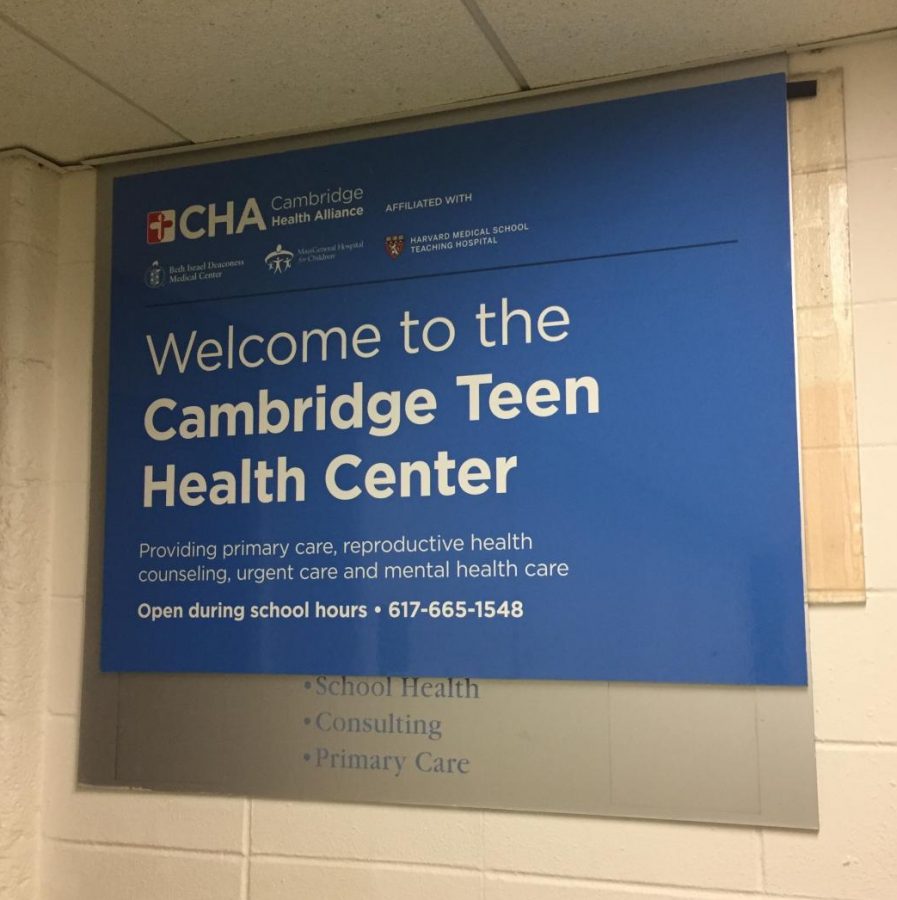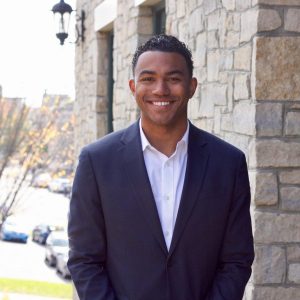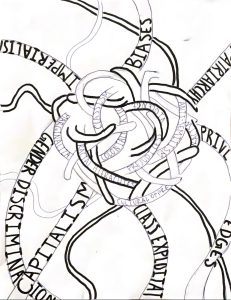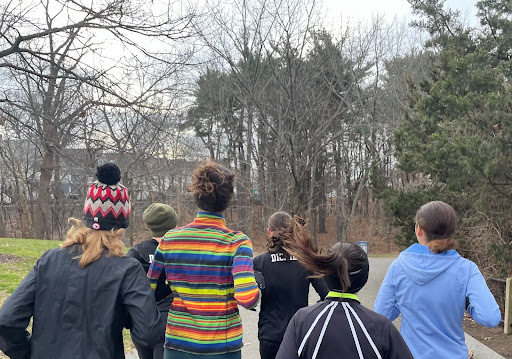CRLS’ New Adolescent Substance Abuse Specialist
Dr. David G. Stewart Brings Expertise and Resources to the Teen Health Center on Thursdays
Dr. Stewart will be at the Teen Health Center on Thursdays.
December 19, 2017
Tucked away in a small room in the Teen Health Center is CRLS’ newest part-time staff member: Dr. David G. Stewart, a clinical psychologist who received his training in San Diego, California and specializes in adolescent substance abuse. As of this October, Dr. Stewart is available to meet with students every Thursday between 9:00 AM and 1:00 PM in the Teen Health Center.
After beginning his work in San Diego, Dr. Stewart moved to the University of Washington in Seattle and then Seattle Pacific University, where he was the head of the psychology department. During his time in Seattle, Dr. Stewart worked as an adolescent substance abuse specialist in public schools there. He is interested in substance abuse because it “ contributes to a lot of harm throughout the life in terms of criminal activity, health problems, [and] mental health problems.” Dr Stewart explained, “I like to prevent those problems, and a good place to start is when the problem—substance abuse—starts.”
Dr. Stewart defines substance abuse as using a mind-altering substance when “it’s causing problems for you or putting you at risk.” Dr. Stewart listed feeling sick, breaking the law to use a substance, or experiencing a negative impact on school work or family life as some of the problems substance abuse can cause. He added that for high schoolers, “It always is breaking the law to use [substances].” According to Dr. Stewart, the two most commonly abused substances by teens are alcohol and marijuana because they are “mind-altering drugs that become habit-forming.”
Dr. Stewart noted that problems resulting from substance use are not always obvious. In order to prevent consequences later on, it is important to seek help. That is one of the reasons why CRLS contracted Dr. Stewart—having a specialist who can respond to the common use of alcohol and marijuana is an important service.
According to Dr. Stewart, his job at CRLS is to be a psychologist and counselor. He hopes to give individual assessments and therapy plans to reduce the harm of substances or help students stop using them altogether.
Making an appointment with Dr. Stewart is a straightforward process. You can be referred to Dr. Stewart by personally making an appointment with the Teen Health Center.
In a meeting with Dr. Stewart, confidentiality is key. What occurs within those meetings is not discussed with the school or with parents unless that is specifically negotiated. There are sets of computerized assessment questions for students, allowing Dr. Stewart to give visual and graphical feedback which compares your substance abuse to that of others. Then he asks questions like, “Do you think you have a problem?” or, “Are you having trouble getting along with friends because of your marijuana use?”
This feedback is condensed into a report card or checkup that assesses your drug use and can provide you with information on what occurs when you use substances. Counseling sessions that discuss what it would take to change follow. Dr. Stewart believes that “everyone that’s underage and using alcohol and marijuana would benefit from having as much information as possible about what it means for their health and their mental health.” He added, “I am available to talk to groups or classes or just talk to individuals who have questions about their substances, as are the other health providers and nurses here.”
Making an appointment with Dr. Stewart is a straightforward process. You can be referred to Dr. Stewart by personally making an appointment with the Teen Health Center, or you can refer a friend who you think would benefit. Once the referral is submitted, the Teen Health Center will make the appropriate connections to schedule an appointment.
The Teen Health Center is a resource for students; as such, it will keep your referrals confidential. All students are encouraged to make use of this unique resource at the school.
This piece also appears in our December print edition.










